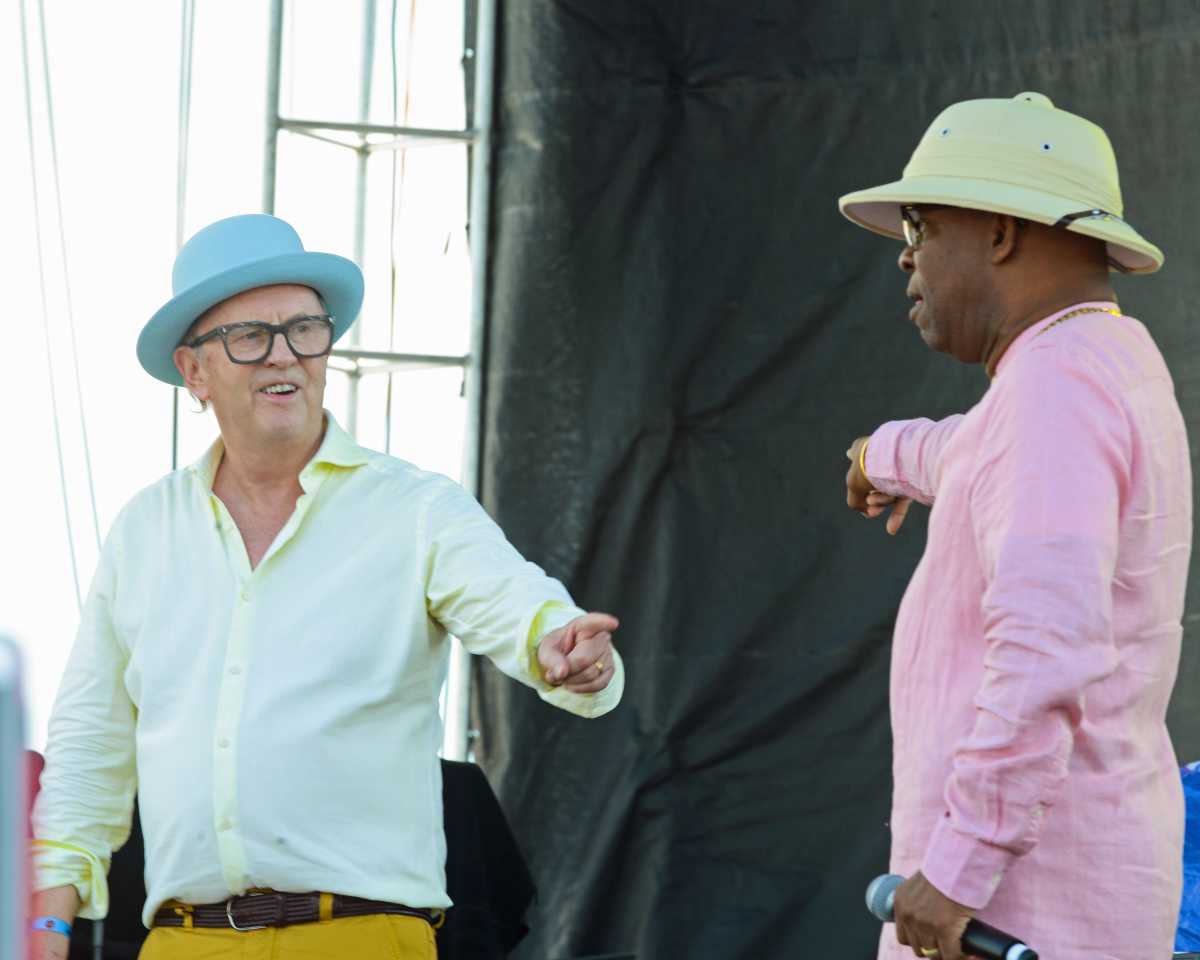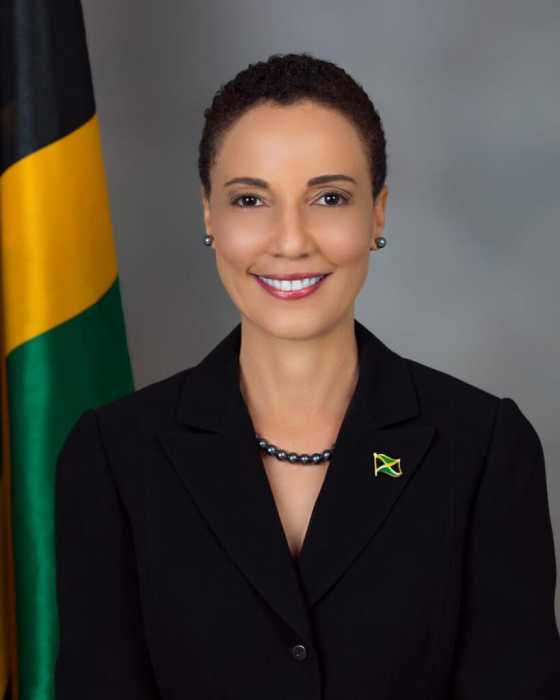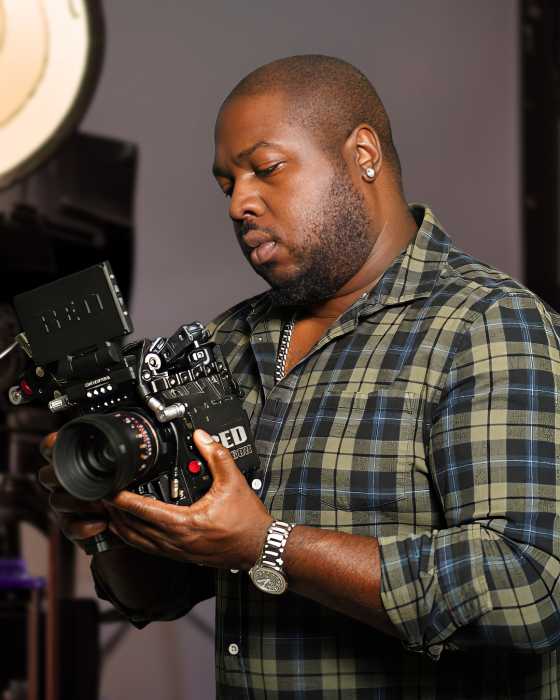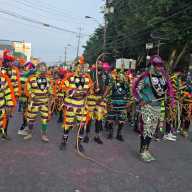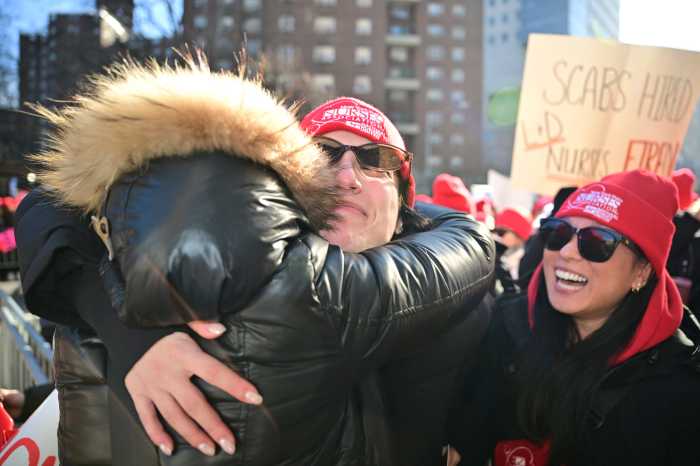Tributes continue to pour in from across the globe for the late Jamaican-born broadcasting giant Barrington “Barry G” Gordon, whose distinctive voice, charisma, and trailblazing career left an indelible mark on radio and in the hearts of Jamaicans everywhere.
Barry G reportedly died from pneumonia on Wednesday, Oct. 29, at Savanna-La-Mar Hospital in the Jamaican parish of Westmoreland. He was 70. Funeral arrangements are yet to be finalized.
From New York to London, Florida to Toronto, broadcasters, entertainers, and fans alike have hailed Barry G as a visionary who redefined what radio could be — intelligent, entertaining, and deeply rooted in the culture of the people.
“Barry G broke the rules of afternoon radio in Jamaica by playing the people’s music that changed the future landscape of broadcasting,” said Mark “Marcus Ouja” White, a popular Jamaican-born radio DJ based in Toronto. “He inspired me to play music with meaning and to respect the audience. Barry G was a legend and made me and all of Jamaica proud.”
Jamaican-born, New York-based media marketer Anthony “ER Guru” Turner, who knew Gordon and his family for over 20 years, said, “Barry was the most famous radio broadcaster in the history of Jamaican radio.
“His popular ‘2 to 6 Super Mix’ radio show on JBC radio in the 1970s had the entire two million population in Jamaica tuned in while he was on air,” he said. “Turner said Barry G “inspired generations of broadcasters – from Mikey B in Florida, Delroy G in Toronto, Richie B and Gary G in Jamaica, Boogie G in New York, and a host of others.
“Ron Muchette, who is still on the radio in Jamaica, early in his career, adopted Barry’s style of broadcasting to the point where his voice was indistinguishable from that of Barry G,” Turner said. “Many people may not know that it was Barry’s influence that gave birth to the vocal style and slurring of an entire generation of sound system MCs on Stone Love, Bass Odyssey, Stereo One, and others.
“Barry is single-handedly responsible for the careers of Yellowman, Ranking Toyan, Beenieman, Simple Simon, Barrington Levy, Sophia George, and others,” he added. “Barry’s contribution to broadcasting cannot be erased.”
For Tony Culture, a veteran radio host in New York, Barry G was much more than a broadcaster; he was a voice of motivation.
“Barry G was an icon in our Jamaican community,” Tony Culture said. “He affected the community in ways of hope, inspiration, and encouragement. Most definitely an inspiration to me, as well as many others.”
He fondly recalled one of Barry G’s most unforgettable stage moments, working with the legendary ‘Wha Dat Sound’ system, featuring Josey Wales, Yellowman, and other dancehall greats.
“He brought the same energy from the radio into the dancehall — pure vibes and professionalism,” Tony Culture said.
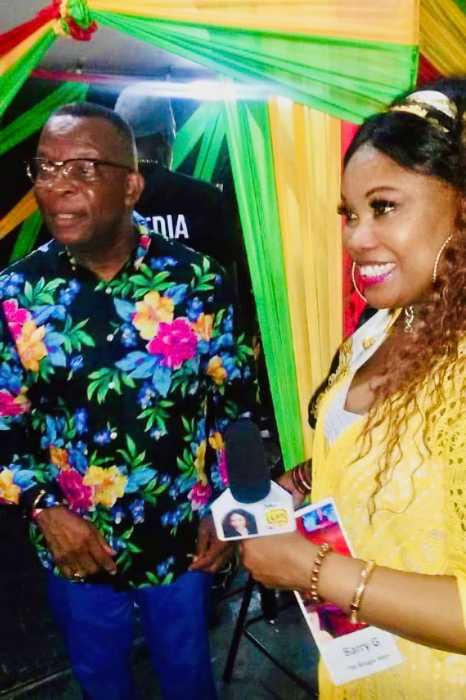
Jamaican-born, New York television host and blogger Kay “Special K” Frith also shared her admiration and deep personal memories of Barry G, describing him as a beacon of inspiration from her teenage years.
“From the day I heard him on the radio and met him in person, I knew he was remarkable — intelligent, talented, professional, and filled with joy and inspiration,” she said.
She reminisced about her school days at St. Andrew High School for Girls in Kingston, the Jamaican capital, in the 1980s, when she and her friends would visit JBC to see Barry in action.
“One day, while we were there, he had a conversation with us live on air,” Special K said. “He told me I had a beautiful voice, that I was articulate and had charm. He said my voice was inspiring and that I should get into media.”
Special K credited that moment and Barry G’s mentorship as a turning point in her life.
“He inspired me in so many ways,” she said. “I learnt so much from him. He taught me how to adjust the tone of my voice depending on what I’m saying, how to project my voice effectively, and how to use it to make people smile. He taught me the power of communication and connections.”
Special K’s message to his family was filled with love and gratitude.
“To his wife, I would say thank you for sharing him and his voice with the world,” she said. “Thanks for allowing him to use his beautiful voice to uplift, entertain, and inspire me and others.
“Barry G was loved and appreciated by everyone,” she added. “He played reggae and dancehall music to the world, and heaven couldn’t wait for him. I am sure he’s still using that voice up there.”
Barry G’s influence extended far beyond Jamaica. His longtime friend and friendly rival, Sir David Rodigan, said, “Barry was a unique broadcaster with a remarkable skill in entertaining his audience.
“Our friendship was built on a shared love of Jamaican music and mutual respect for craft,” Rodigan said.
Turner said their last reunion at Groovin’ In The Park in Queens in 2019, where Barry G shared the stage with Ras Clem and Jenny Jenny, “remains etched in the memories of reggae fans.
“The event was a celebration of friendship, artistry, and the power of radio to unite people across oceans,” Turner said.
Jamaican-born Clement “Ras Clem” Hume told Caribbean Life, “Sharing the stage with Barry was magical. It was truly special.
“It was amazing working with Barrington Gordon,” Ras Clem said. “He brought a different twist to radio. His style, his charisma, and his presentation were unmatched.
“He influenced not just my career; he influenced many, many others,” he added. “A lot of us wanted to be Barry G or be like him. When I came to America and saw Michael Jordan play basketball, people wanted to be like Mike. Well, people wanted to be like Barry. That is the type of influence he had.”
As Markus Ouja said, “His energy, his wit, his intellect — they shaped us all. Barry G made radio feel like home.”


